Book Review: All Fours by Miranda July
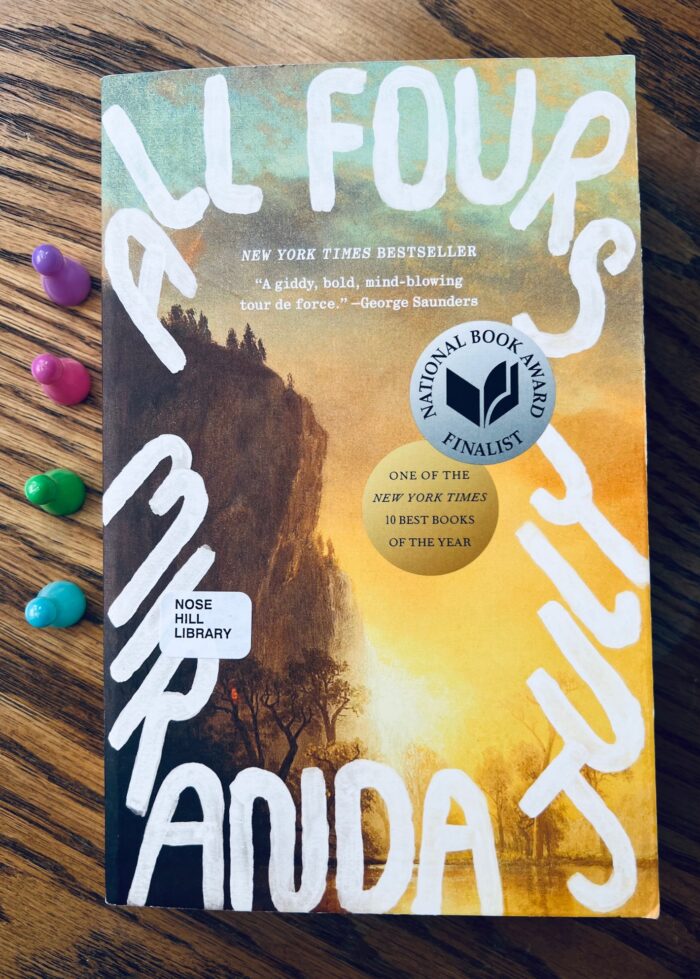
I try not to read too many reviews of books I plan on reading myself, which is why I avoided those written about All Fours by Miranda July. This was difficult, as it has won a ton of awards. I just knew that people (middle-aged women) were excited by this work of fiction and that it sounded like something that would elicit a strong reaction. This is the first Miranda July book I’ve read, but it’s by far her biggest one. She’s an artist in the truest sense of the word; her website is a very cool summary of all the projects she’s worked on, including writing and directing this film. I didn’t know much about her when I read the book, but I think one can assume this book is slightly autobiographical, or at the very least, reflects some of her personal challenges and experiences.
Plot Summary
Our unnamed narrator, a 45-year-old female artist has reached a turning point in her life; she’s about to head off on a cross-country trip to New York to spend some time alone and take some work meetings. It’s the first time she has left her young child Sam overnight, and her husband Harris is excited for her. Instead, she turns off the highway about half an hour from home and holes up in a motel room, unable to keep going. She is comfortable financially as she’s done some very successful projects, so she blows 20k on redecorating this motel room to her liking; new carpet, bathroom tiles, linens, furniture. She lies to Harris and pretends she’s still on her road trip as she develops an obsession with a young man, Davey, who she meets when he cleans her car windshield, and they begin an odd, almost-sexual relationship with one another. When the two weeks of her fake trip are done she returns home to her old life, but struggles to reintegrate back into her previous routine. When Davey doesn’t continue to engage with her as she hoped, she realizes she’s found herself in a mid-life struggle, and goes about trying to recreate her relationship with her husband to try to accommodate her new desires. Their marriage is forced into a new and uneasy phase while she struggles with the hormonal changes her body is experiencing. She speaks to various female friends about this, polling them on the changes they experienced in their body and ideas on how she could navigate this time of life too.
My Thoughts
Based on the plot summary, you can already tell if you want to read it or not. I suspect this book will only be intriguing to women, and those of us who are entering this stage of life. Perimenopause is a buzz word these days, and I’ll admit to using it as an excuse for just about anything that seems to be going wrong in my body right now. Although this book isn’t just about hormones, it is about change, and the fresh hell that women seem to find themselves facing after the already very difficult procreation stage, whether they had children or not. I’d advise young women to avoid this book at all costs; they’ve got enough to worry about as it is, and the last thing they need is anxiety about what’s coming next. I doubt this book has had any male readers, but I suspect they’d learn a lot about women if they chose to pick it up. Whoever reads it, they must be aware of what they are getting into: a very introspective novel that has a light plot and big emotions.
It’s my personal belief that ‘artists’ feel emotions differently than non-artists, and this is obvious when reading a book like this. The narrator is clearly experiencing things that many others could simply never relate to, as the artists depicted in this novel (there are a few) become physically or mentally overwhelmed with artistic projects and their feelings. Her desires overtake her rational sense on a regular basis. At times, the protagonist’s actions border on insane, and I couldn’t help but cringe as I read her desperate texts to old lovers. Luckily she has friends that she’s close with that offer a calming and rational voice to counteract her unhinged thoughts, but they can’t protect her all the time. I vacillated between relating to her righteous anger and sympathizing with her husband and friends. Her actions were hard to believe at times, but also completely understandable in others.
Even though July doesn’t state this outright, it’s inferred that the emotional crisis her narrator is experiencing is an example of what many women go through at the perimenopausal, or menopausal stage in life; an expected phase that we all arrive at, yet women before us have simply endured in silence. After a vicious argument with Harris in which she admits she’s been repressing a part of herself for years, our protagonist muses on the patriarchal notions that women find themselves up against:
“Most of us wouldn’t do anything very different, ever. Our yearning and quiet rage would be suppressed and seep into our children and they would hate this about us enough to do it in a new way. That was how most change happened, not within one lifetime but between generations” (p. 259 of All Fours by Miranda July).
What’s unexpected about this book is the fact that the protagonist has a very distant, almost non-existent relationship to her own parents, especially her mother. You would think a book about the challenges of motherhood and being a wife would look backwards, but instead this book is very rooted in the present – and isn’t this a sign of an impactful piece of art? Our gaze turns inwards along with the narrator, which is why this book has caused such a sensation. Not everyone wants to look inside, but July forces us to, whether we like it or not.

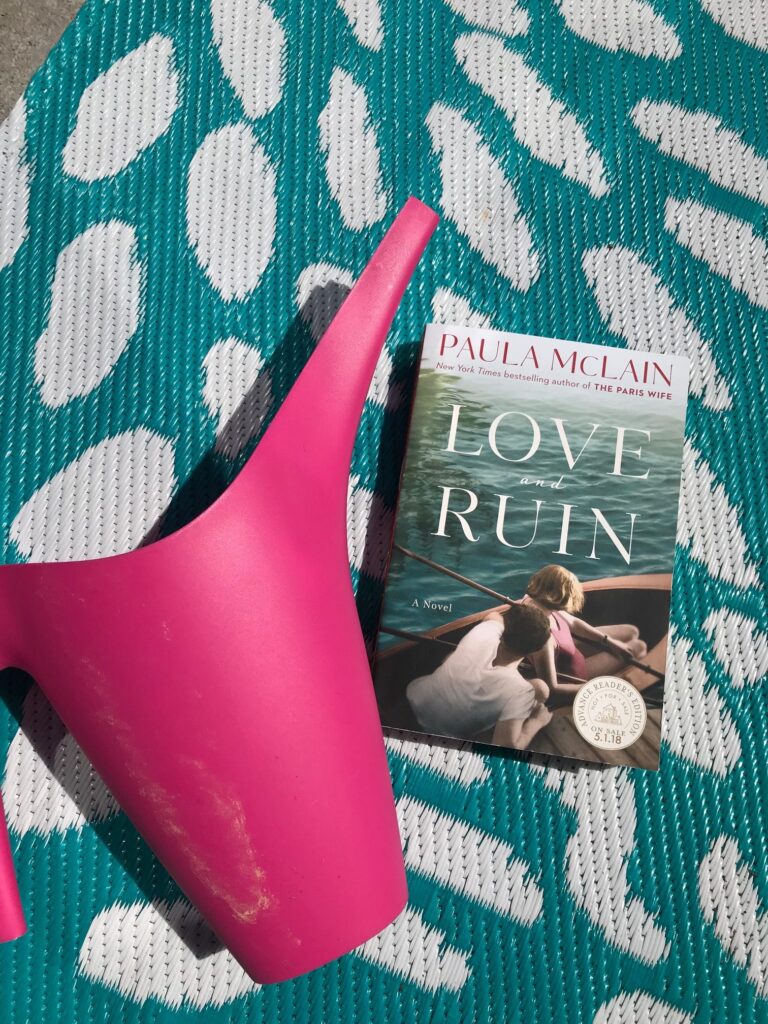
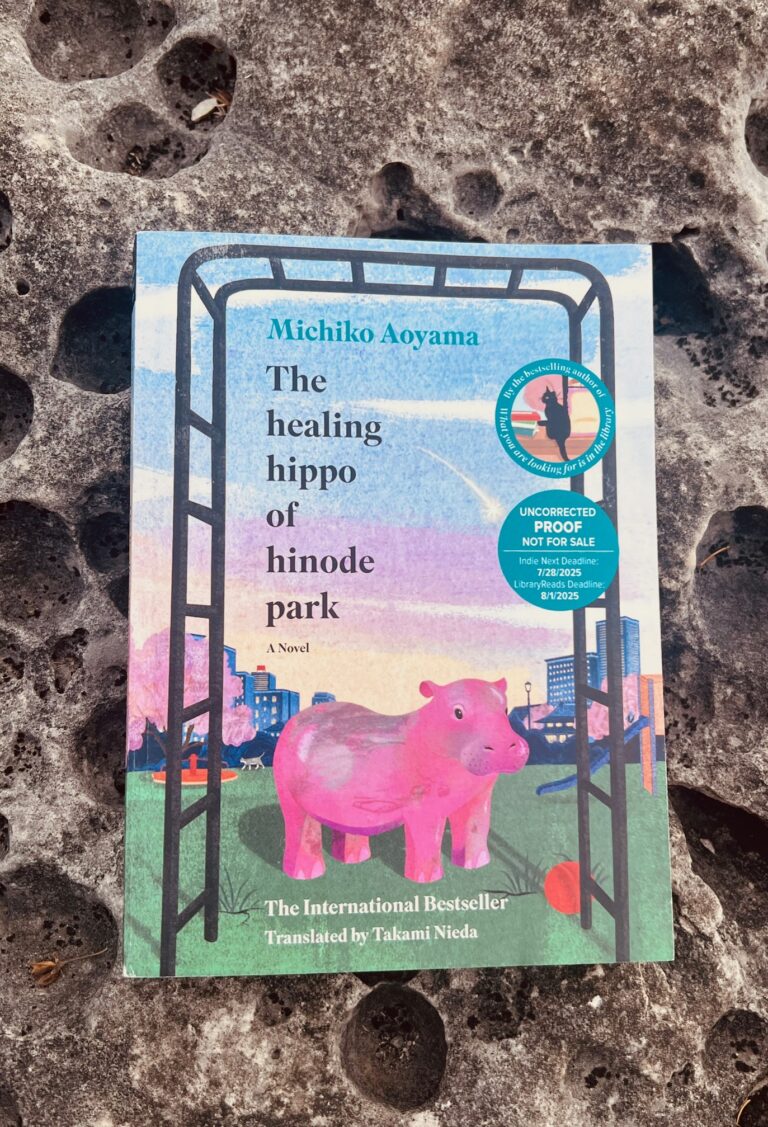
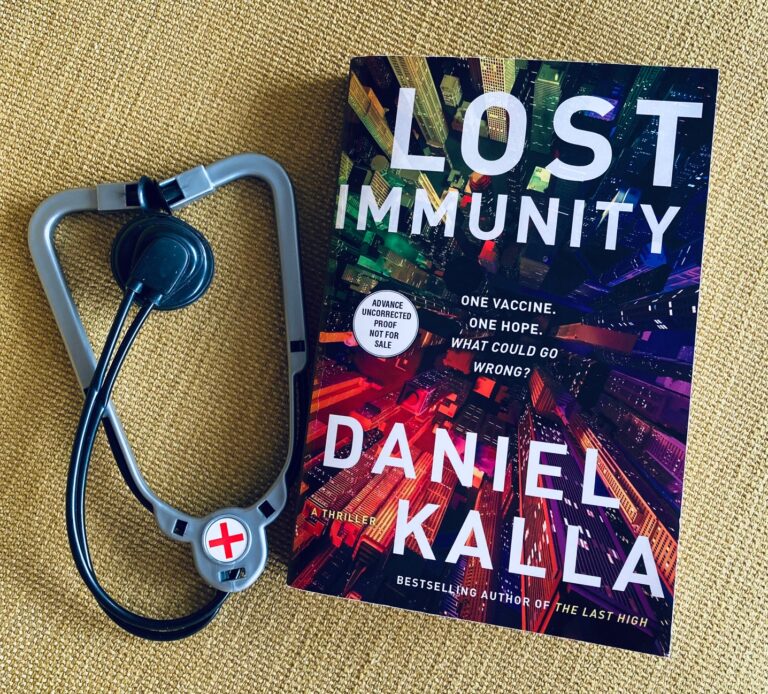
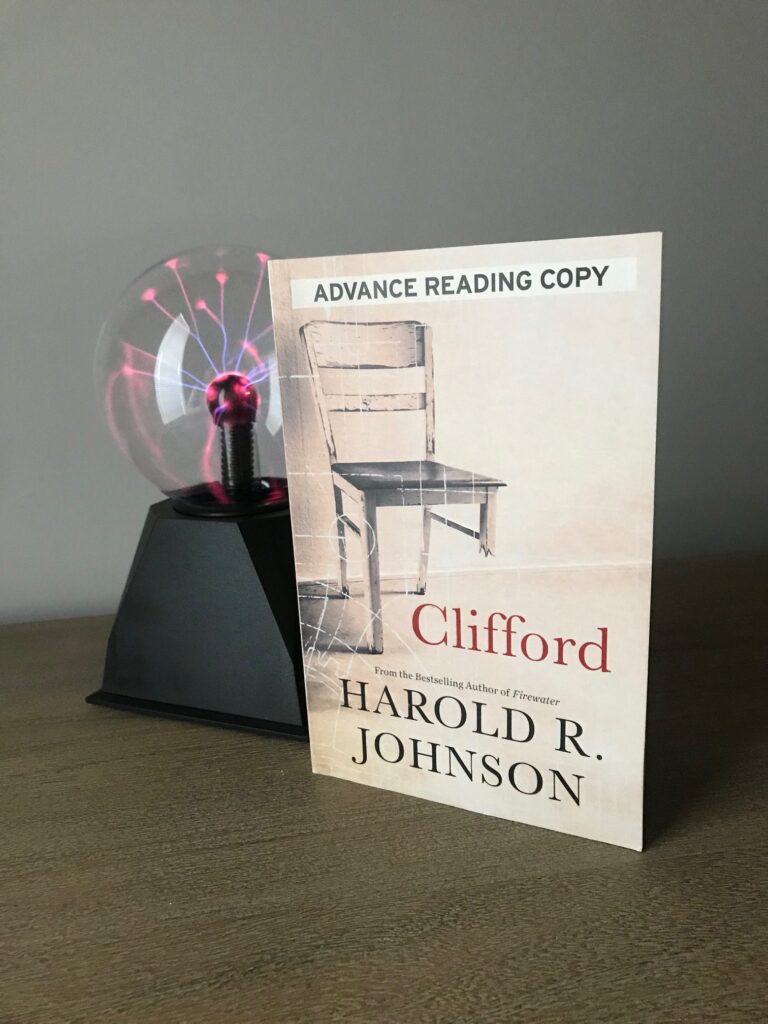
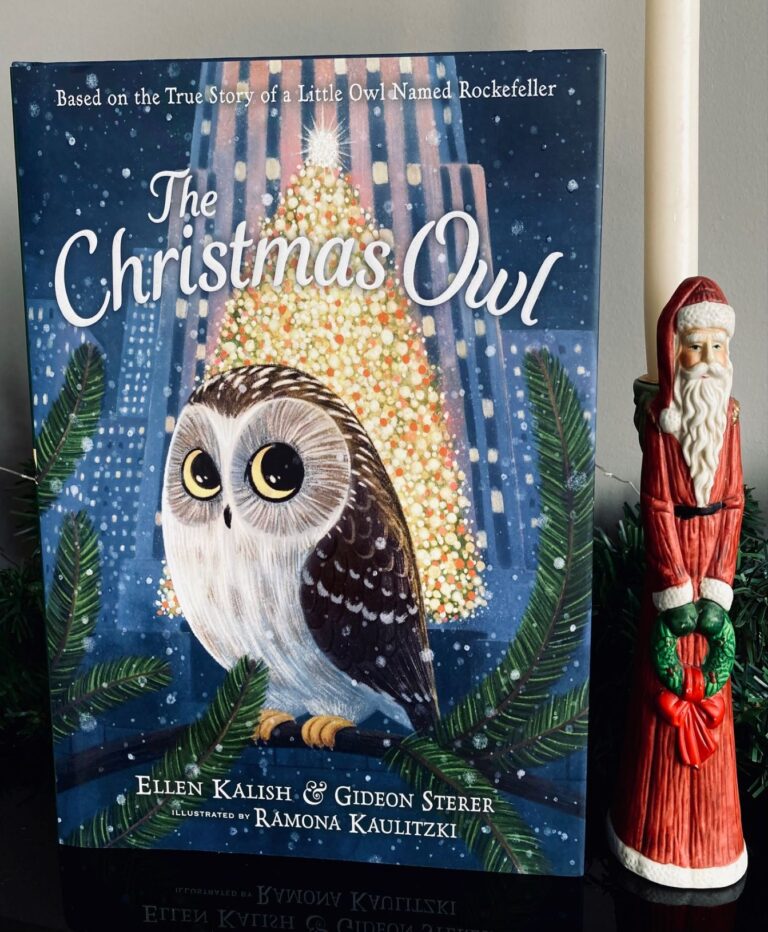
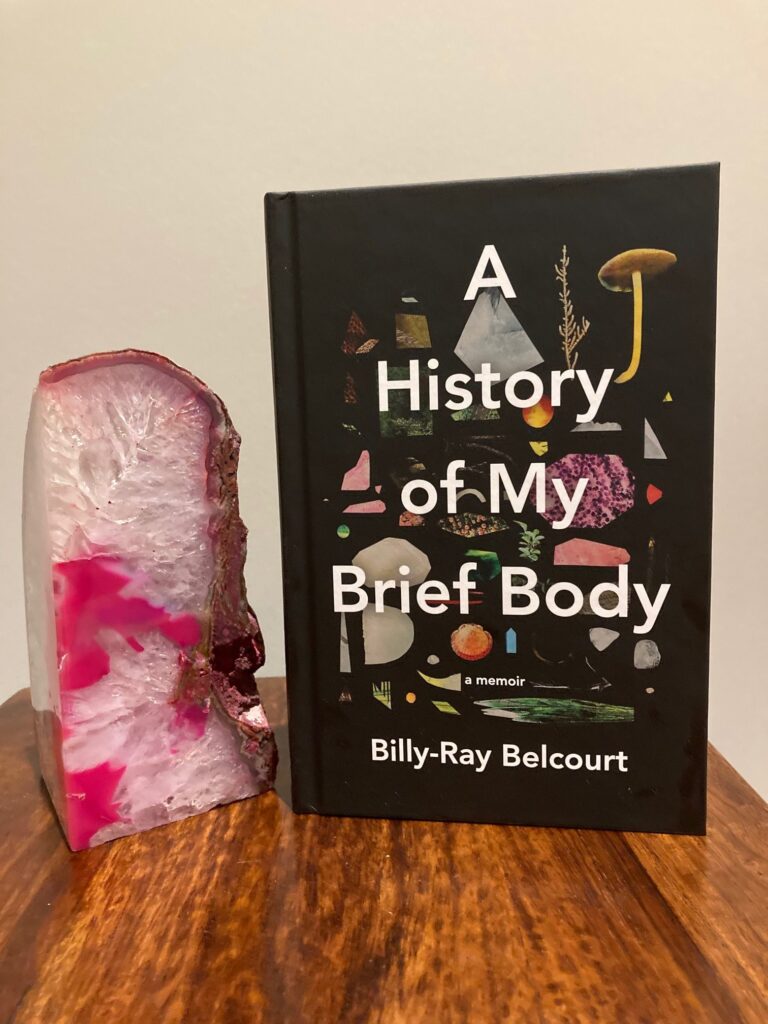
Great review! This is a super weird book. I liked parts of it but cringed and was annoyed with parts too. I sure won’t forget it though, ha ha! But I’ve decided that I don’t need to read any more by July. I’m good, and she has plenty of fans!
Actually I agree with you Laila – I probably won’t pick up another Miranda July book, I think this was enough for me.
My previous experience with July’s work had left me feeling like she’s a bit too bizarre for me so I haven’t been drawn to reading this. At the same time, I know I’m almost exactly in her target audience. (I too have started blaming stuff on perimenopause !) So I’m curious as to how much I might relate to here.
We are definitely her target audience, but I wouldn’t say this book is more about perimenopause, as it is about exploring different lifestyles that the ‘patriarchy’ may have prevented us from thinking about before. I put it in quotations because I didn’t necessarily buy into what was going on for the character here. It’s a weird book for sure, so if you accept that going in, it’s easier to take! haha